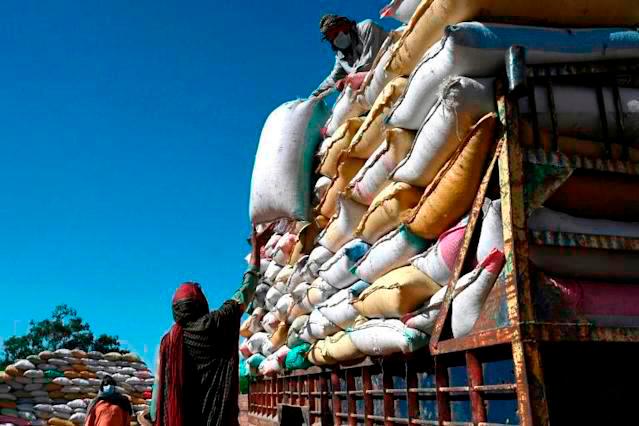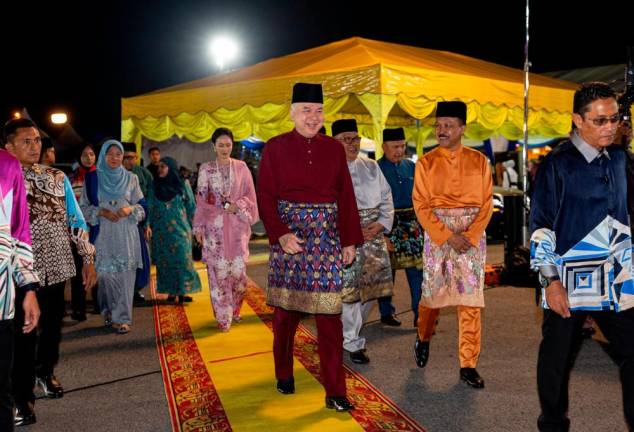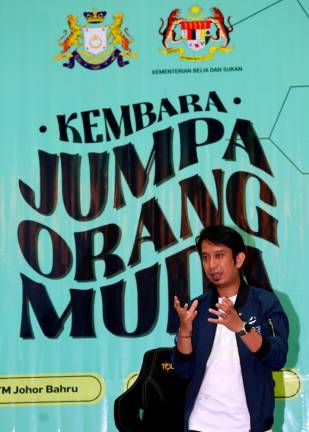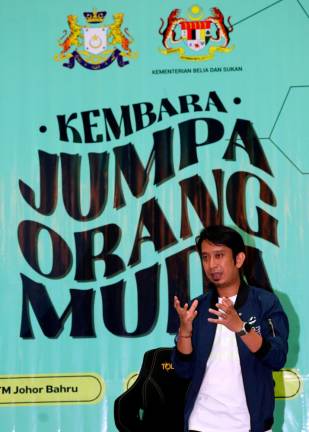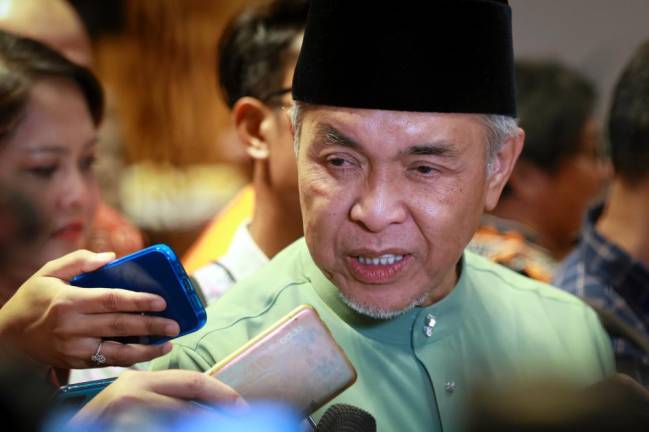DESPITE Myanmar-Bangladesh tensions, the use of rice as a diplomatic tool has received global media coverage.
There is nothing new to say about the influence of food on politics.
In the olden days, many kings used food as a diplomatic tool to entertain their guests. The tradition continues in the modern political world.
Many leaders of political parties and presidents have and continue to use food diplomacy to strengthen ties between allies or diffuse tensions with opponents.
Rice appears to have emerged as a favourite diplomatic tool to build stronger ties with neighbours Myanmar and Bangladesh, an English report said.
It is said the product is a staple food for most people in countries such as Indonesia and Thailand, and neighbouring countries such as China and India.
The agriculture sector is one of the most important and strategic sectors for the survival of a country.
Without food, the country may experience chaos and bankruptcy.
The government of Bangladesh relies on several measures to maintain the availability of rice. The most popular way is to import rice.
This import policy causes a lot of damage because Bangladesh is known as an agricultural country or a country that has mostly rice.
The agriculture sector in Bangladesh is one of the best sectors but the country continues to import rice.
Due to the current state of the world facing a global food crisis due to the conflict between Ukraine and Russia, many countries have closed their doors to exports to maintain their domestic stocks.
Rice is an essential product in the life of the people of Bangladesh.
Dhaka, which imports about a million tonnes of rice every year, has ordered imports from Myanmar despite tensions between Myanmar and Bangladesh.
Since agriculture and livestock are the backbones of Myanmar’s economy, it earns foreign exchange from rice exports beyond self-sufficiency.
The state is helping stockholders, including farmers and investors, to bring business opportunities.
According to a memorandum of understanding between Myanmar and Bangladesh on the rice trade, 200,000 tonnes of white rice will be exported from Myanmar to Bangladesh.
A total of 2,650 tonnes of rice will be sent directly to Bangladesh for the first time.
Myanmar will start exporting 160,000 tonnes of rice to Bangladesh this month, according to the Myanmar Rice Federation (MRF).
Under the agreement with Bangladesh, the MRF has agreed to export 200,000 tonnes of rice to the South Asian country, said an official from the MRF.
“We are waiting for the ship’s arrival to export rice to Bangladesh. We will start exporting rice to Bangladesh this month.
“According to the contract between the two countries, we have to export 200,000 tonnes of rice to Bangladesh this month. But there is always an understanding between the buyer and the seller. If there is a delay due to various reasons, we will negotiate and ship it,” the MRF official explained.
The rice to be exported from Myanmar to Bangladesh is planned to be transported from Yangon’s Sule Port, Pathein Port in Ayeyarwaddy Region and Arakan State’s Sittwe Port.
The governments of Myanmar and Bangladesh signed a sales contract on rice export in September, agreeing to export 200,000 tonnes of rice to Bangladesh in December.
According to the Arakan State Rice Millers Association, 200,000 tonnes of rice are being purchased from regions and states under a quota system organised by the MRF.
The Arakan State Rice Millers Association has decided to sell 2,500 tonnes of rice to the MRF.
Four rice mills in Kyauktaw, one in Ponnagyun and two in Sittwe, will supply export-quality rice to the MRF for export to Bangladesh and rice exports will start in January, said U Nyi Nyi Than, vice-chairman of the Arakan State Rice Millers Association.
“We will sell 2,500 tonnes of rice to the MRF for the sake of local farmers, who have to spend more on agricultural inputs due to price hikes.
“When this kind of rice was allowed to be exported, the farmers got a good price. We sell to the MRF at US$400 (RM1,768) per tonne,” he explained.
“Purchasing rice from Arakan State can improve the rice market for farmers, but there is also concern that the domestic rice market price will increase and become insufficient,” said a local veteran businessman.
“It would be good if the export of rice abroad does not affect the supply of rice in the domestic market. If rice exports increase, domestic self-sufficiency may be affected,” he added.
There are more than 1.2 million acres of farmland in Arakan State, but only 850,000 acres could be brought under paddy cultivation due to various factors, according to data from the Arakan Farmers’ Union.
Myanmar exported more than one million tonnes of rice and broken rice during the first seven months of the fiscal year 2022-2023, and earned more than US$400 million, according to the MRF.
Myanmar and Bangladesh started to practise their rice diplomacy.
Myanmar’s supply to Bangladesh would deepen their relations.
It can be a great effort between both sides for a good relationship with the Bangladeshi and Myanmar governments.
It will also develop good bilateral ties between the Bangladeshi and Myanmarese people.
In a short time, new generations of both sides want better relations in the economy, tourism, etc.
There may be some problems between Bangladesh and Myanmar.
However, these problems (the Rohingya refugee and border problems) should be properly addressed by both parties.
Bangladesh is going to become a South Asian economic miracle.
Bangladesh is lauded by the international community at every international forum.
The ping-pong diplomacy led by China and the US was set up to strengthen their relations.
We can also expect the application of another ping-pong diplomacy such as rice diplomacy.
Although rice diplomacy is a little initiative its significance is vast.
This little initiative will turn into a great achievement for both sides.
High-level official visits may be a step to strengthen the ties. The two prime ministers can exchange visits to normalise relations. It is a piece of good news for Myanmar and Bangladesh.
Comments: letters@thesundaily.com



